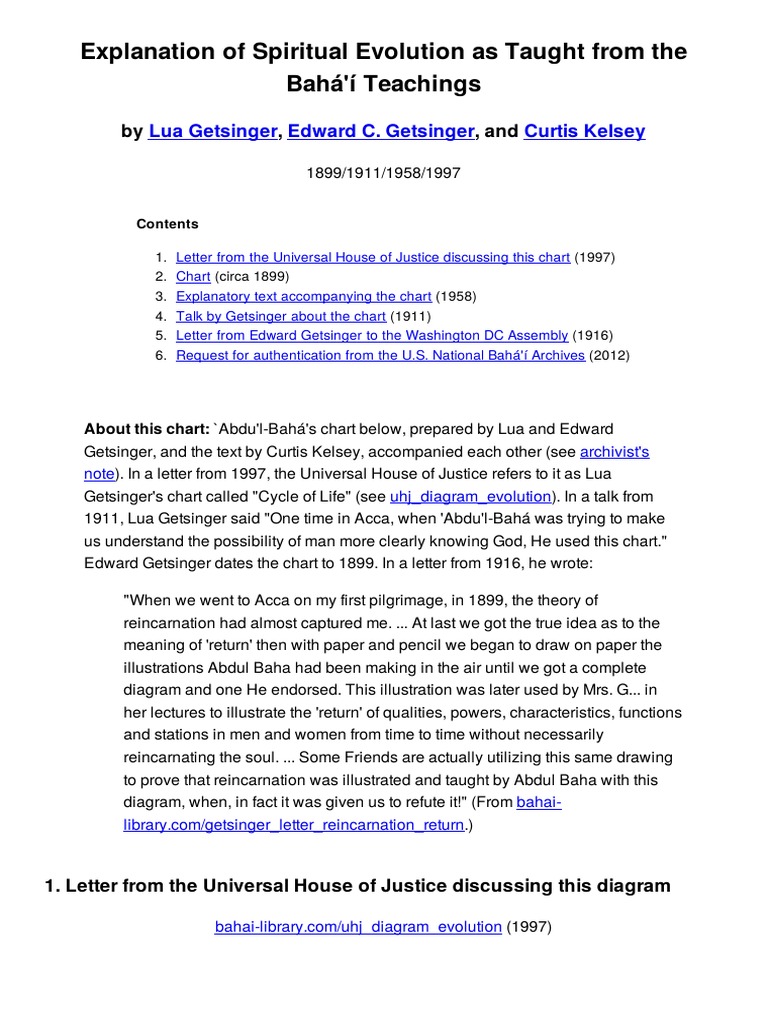The concept of the return of John the Baptist is an intriguing topic that has fascinated theologians and scholars across various religious traditions. For those engaged with the Bahá’í Faith, this notion is not merely a historical event but a profound spiritual reality that invites an exploration into the essence of prophetic return, continuity of revelation, and the intricate relationship between the Messenger of God and humanity. In contemplating this theme, we may pose the playful question: Can an understanding of John the Baptist’s return reshape our theological perspectives? This inquiry invites a thoughtful examination of the Bahá’í interpretation of this profound biblical figure.
To begin our exploration, it is crucial to understand the role of John the Baptist within the broader context of religious prophecy. In Christian doctrine, John the Baptist is recognized as a precursor to Christ, heralding His advent and preparing the way for His ministry. His call for repentance and spiritual renewal resonates with the core principles of many faiths. Notably, in the Bahá’í teachings, John the Baptist is seen as a significant figure whose return is intrinsically linked to the advent of Bahá’u’lláh, the founder of the Bahá’í Faith.
According to Bahá’í beliefs, the return of past prophets signifies a new and transformative dispensation. In this context, the return of John the Baptist is interpreted not as a literal reappearance but rather as a spiritual manifestation of his essence through Bahá’u’lláh. This perspective challenges traditional views by positing that prophetic figures, although appearing unique in their historical contexts, embody universal truths that transcend time and space. The Bahá’í Faith thus creatively reinterprets the biblical narrative, providing a framework for understanding prophethood that is both inclusive and progressive.
In analyzing the implications of John the Baptist’s return from a Bahá’í perspective, one must consider the dual nature of prophecy as articulated in Bahá’í scripture. Prophets are regarded as partaking in a divinely appointed continuum, embodying distinct yet harmonious missions. For instance, Bahá’ís believe that John the Baptist’s role was pivotal in preparing the hearts of the people for the coming of Christ. Similarly, Bahá’u’lláh fulfilled the prophetic promise by preparing humanity for the next stage of spiritual evolution. This continuum underscores the idea of progressive revelation, where each Messenger brings forth teachings suited to the needs of their respective age.
The Bahá’í concept of the return extends beyond mere acknowledgement of past figures; it invites adherents to embrace the spiritual lessons and ethical directives associated with these Messengers. The return of John the Baptist serves as a clarion call for introspection, urging believers to cultivate their own spirituality in the context of modernity. Furthermore, this return embodies the spirit of renewal, driving followers toward a greater understanding of moral and spiritual exigencies in contemporary society.
Now, let us delve into the implications this understanding has for interfaith dialogue. Recognizing John the Baptist as a precursor within the Bahá’í framework fosters a more profound respect for the diverse expressions of faith existing in the world. Engaging with the identity of John as a divine forerunner allows Bahá’ís to appreciate the interconnectedness of the Abrahamic faiths. This recognition paves the way for discussions rooted in shared values of justice, compassion, and service—hallmarks of ethical living across religions.
In addition to theological discussions, the return of John in Bahá’í belief poses a challenge to the understanding of human potential and divine purpose. The recognition of prophetic figures as spiritual archetypes encourages adherents to see themselves as active participants in the ongoing divine narrative. It suggests that every individual has the capacity for spiritual leadership, irrespective of their social or religious affiliations. Therefore, the return of John invites each believer to cultivate their inherent potential and to recognize the transformative power of their actions in the world.
Furthermore, the Bahá’í interpretation of the return of John the Baptist invites deep reflections on the notion of unity in diversity. It postulates that the truth within each religious tradition, including Christianity and the figure of John the Baptist, serves as a thread of continuity that weaves through human history. This perspective reinforces the importance of upholding the principle of unity, as it acknowledges the value embedded in varied narratives while inviting collaboration towards a shared goal of peace and understanding.
As we draw our exploration to a close, we must reflect on the various ways the return of John the Baptist can invigorate our spiritual lives and collective endeavors. It inspires believers to reassess their commitment to moral imperatives and prompts critical engagement with the teachings of both historic and contemporary figures. Such reflections not only heighten personal spirituality but also embolden communities to forge pathways toward global unity and justice.
In conclusion, the Bahá’í interpretation of the return of John the Baptist presents an enriching lens through which to appreciate the complexities of spiritual evolution, prophetic continuity, and interfaith discourse. By understanding John’s return not just as a historical echo but as a vibrant spiritual reality, Bahá’ís are called to embody the essence of prophetic teachings in their everyday lives, nurturing inclusive communities anchored in love, understanding, and unity.
